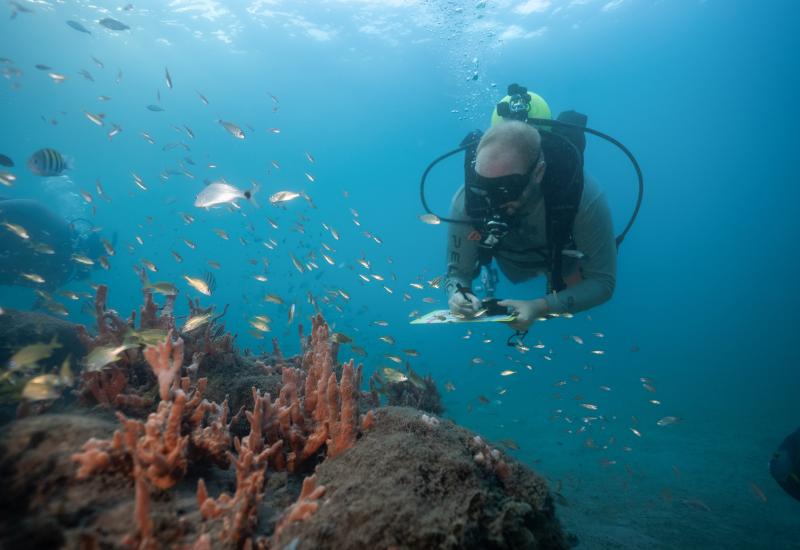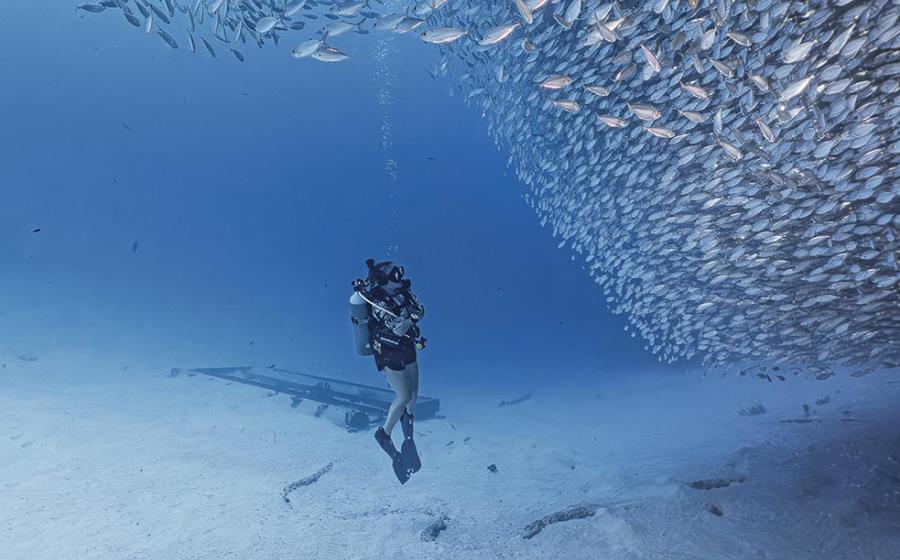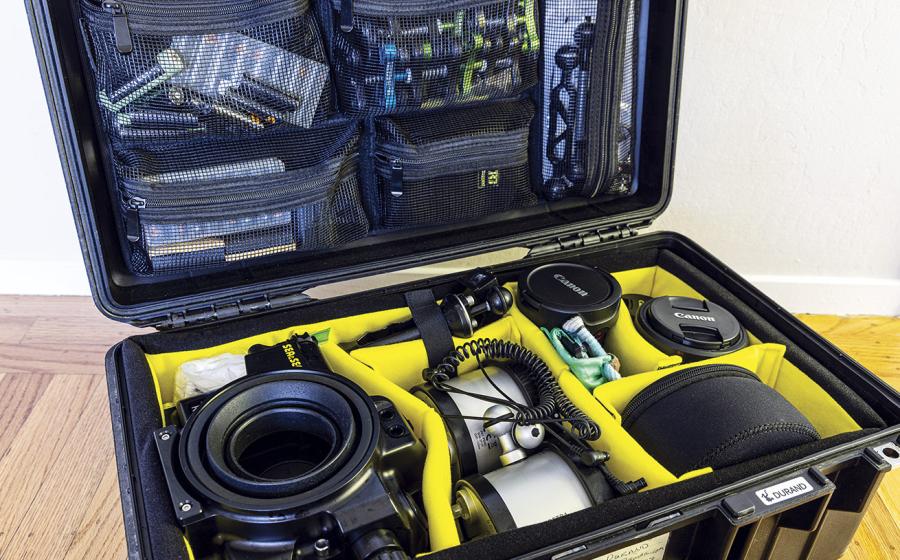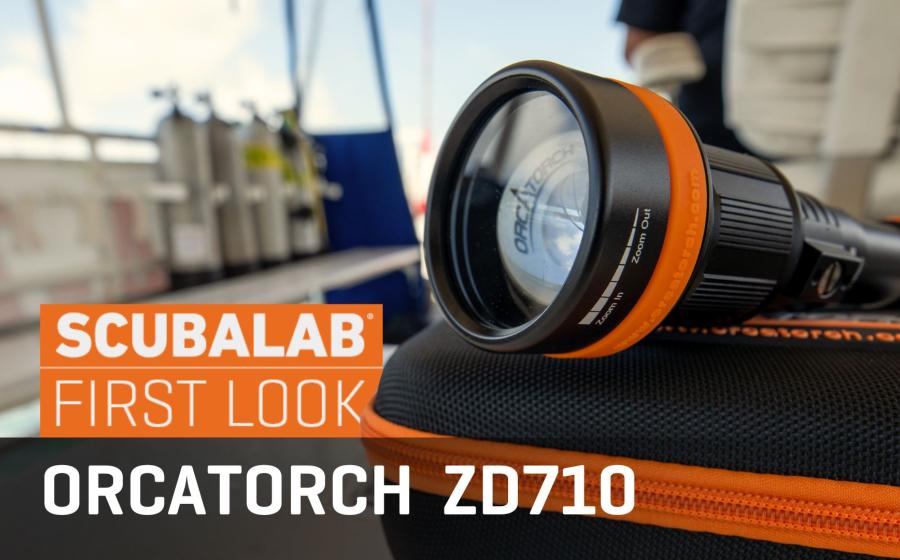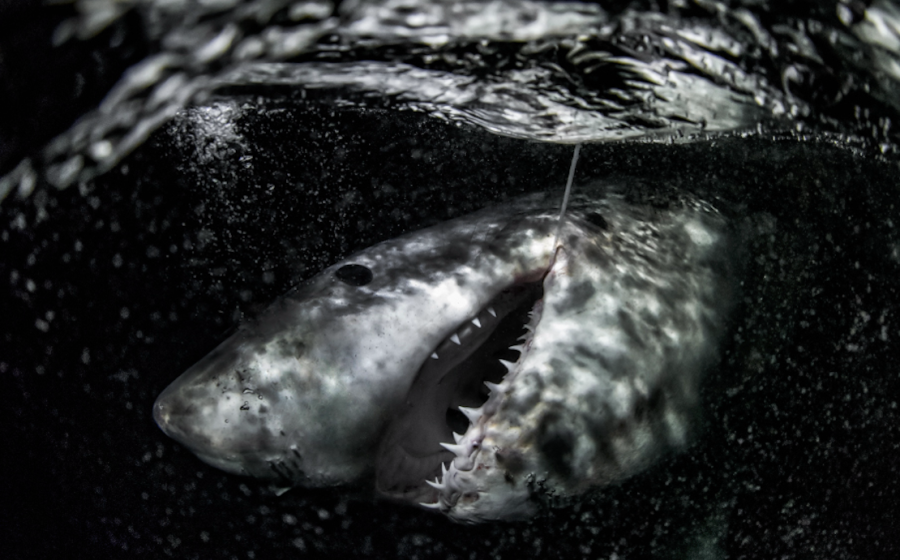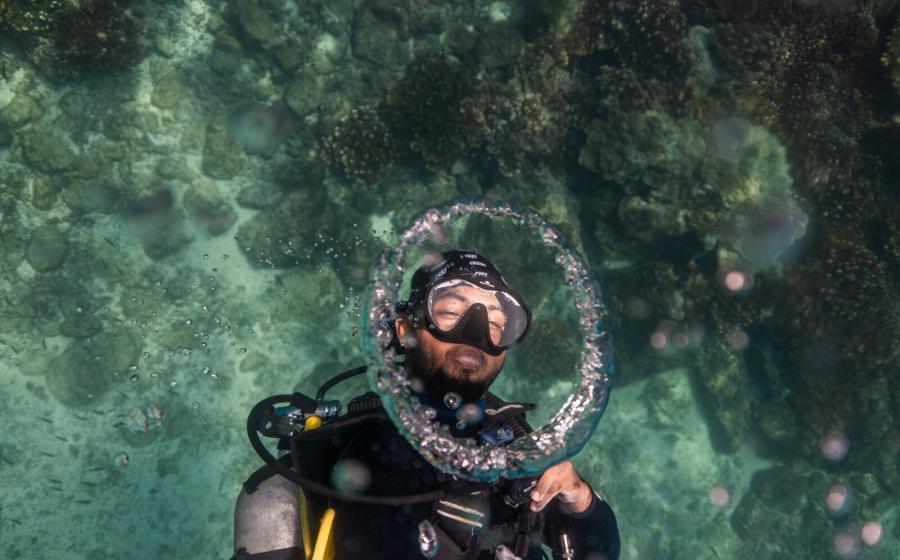Commercial Diving: Working Under Water

The work is as varied as the waters of the world. The opportunities in commercial diving include, but aren't limited to: underwater construction and other work; marine environmental control testing; platform construction, maintenance, and removal; drilling and blasting; salvage; seismic surveying; sewage (and other) line installation and maintenance; trenching; underwater surveys; gravity surveying; oil rig work; using remotely controlled underwater vehicles; diving bell usage and maintenance; wellhead repair and maintenance; many medical fields; hyperbaric chamber work; and much more. Of course, the locations are as unique as the job opportunities, with the Gulf of Mexico, the South Pacific, the Mediterranean, and the North Sea just a few of the possibilities.

Virtually anywhere there's water, there's typically a need for commercial divers, whether it's in oceans, rivers, lakes, containment ponds, or elsewhere. With more than 250 marine construction and contracting firms in the U.S. and about 350 diving contractors working overseas, it's a far-flung and reaching field.
Naturally, commercial diving education is much more intense and lengthier than most recreational diving programs. This includes up-to-date theory, but it also features hands-on training and experience concerning specific underwater problem solving and work. There's also interesting topside work such as analyzing the results from underwater projects. The higher level of training required in commercial diving usually means more lucrative positions.
As with recreational diving education programs, it's best to check out all the options. Consider similar factors and ask lots of questions. For instance, is the school a member of the Association of Commercial Diving Educators (ACDE) and the Association of Diving Contractors (ADC).
Schools in the commercial diving field report that job opportunities are better than ever. With a wide range of specialized courses and programs, it's easy to find a specific field of interest, complete the training, and pursue a great career in commercial diving.
The Ocean Corporation
Founded in 1969, The Ocean Corporation is located on a 4.2 acre campus in Houston, Texas, close to the hub of the world diving industry, the Gulf of Mexico. Training includes the Ultimate Diver Training course, which meets or exceeds the American National Standards Institute (ANSI) standards for entry-level commercial divers. This course also qualifies graduates for other careers, including Hazardous Materials, Non-Destructive Testing/Inspection, and Remotely Operated Vehicles. The school offers 30-week classes, and a new class starts every five weeks.
800-321-0298, fax 281-530-9143, [email protected], www.oceancorp.com

The work is as varied as the waters of the world. The opportunities in commercial diving include, but aren't limited to: underwater construction and other work; marine environmental control testing; platform construction, maintenance, and removal; drilling and blasting; salvage; seismic surveying; sewage (and other) line installation and maintenance; trenching; underwater surveys; gravity surveying; oil rig work; using remotely controlled underwater vehicles; diving bell usage and maintenance; wellhead repair and maintenance; many medical fields; hyperbaric chamber work; and much more. Of course, the locations are as unique as the job opportunities, with the Gulf of Mexico, the South Pacific, the Mediterranean, and the North Sea just a few of the possibilities.
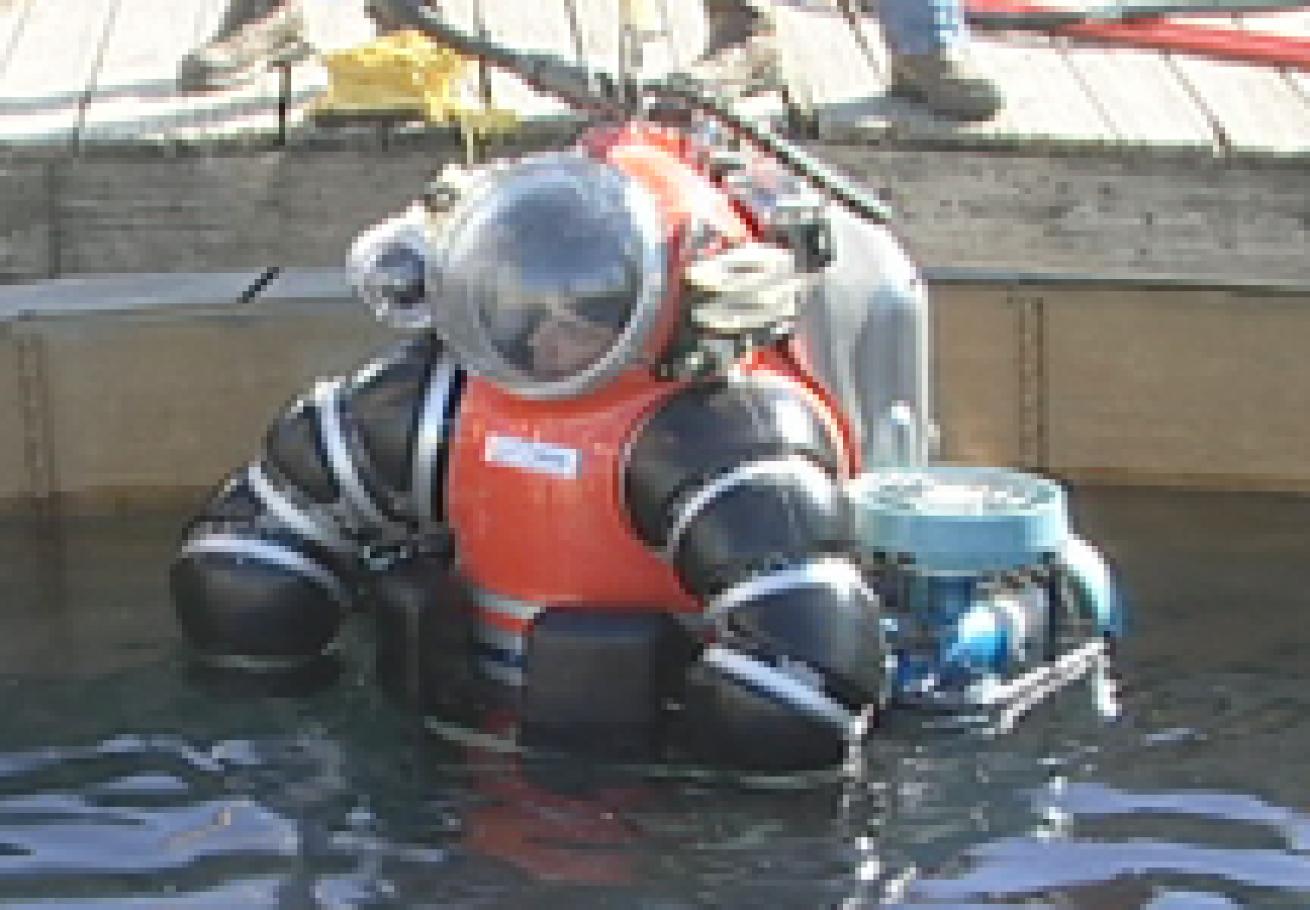
Virtually anywhere there's water, there's typically a need for commercial divers, whether it's in oceans, rivers, lakes, containment ponds, or elsewhere. With more than 250 marine construction and contracting firms in the U.S. and about 350 diving contractors working overseas, it's a far-flung and reaching field.
Naturally, commercial diving education is much more intense and lengthier than most recreational diving programs. This includes up-to-date theory, but it also features hands-on training and experience concerning specific underwater problem solving and work. There's also interesting topside work such as analyzing the results from underwater projects. The higher level of training required in commercial diving usually means more lucrative positions.
As with recreational diving education programs, it's best to check out all the options. Consider similar factors and ask lots of questions. For instance, is the school a member of the Association of Commercial Diving Educators (ACDE) and the Association of Diving Contractors (ADC).
Schools in the commercial diving field report that job opportunities are better than ever. With a wide range of specialized courses and programs, it's easy to find a specific field of interest, complete the training, and pursue a great career in commercial diving.
The Ocean Corporation
Founded in 1969, The Ocean Corporation is located on a 4.2 acre campus in Houston, Texas, close to the hub of the world diving industry, the Gulf of Mexico. Training includes the Ultimate Diver Training course, which meets or exceeds the American National Standards Institute (ANSI) standards for entry-level commercial divers. This course also qualifies graduates for other careers, including Hazardous Materials, Non-Destructive Testing/Inspection, and Remotely Operated Vehicles. The school offers 30-week classes, and a new class starts every five weeks.
800-321-0298, fax 281-530-9143, [email protected], www.oceancorp.com


